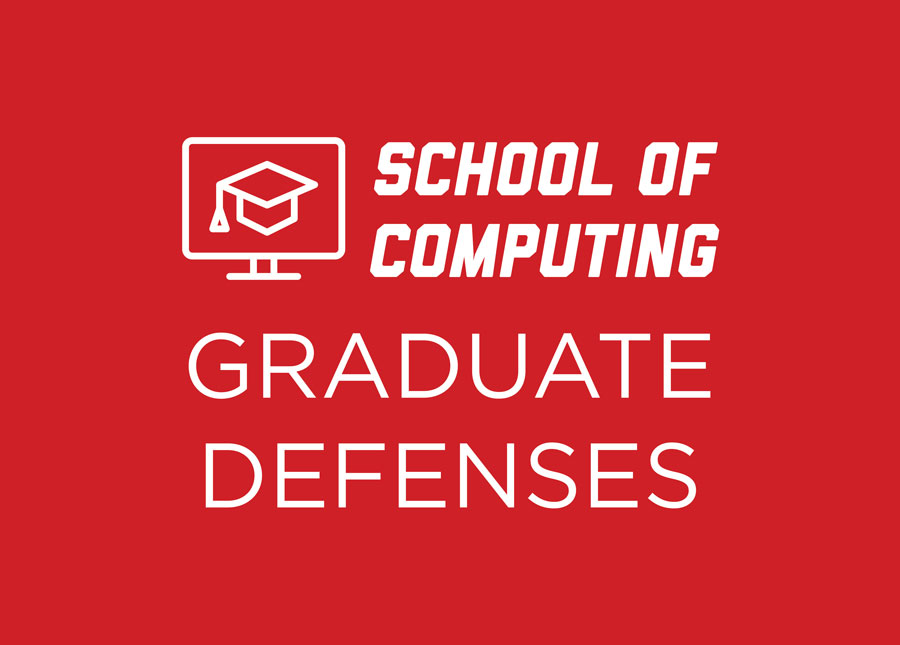
Ph.D. Dissertation Defense: Tianqi Fang
Thursday, March 9, 2023
10:00 AM
Join Zoom Meeting: https://unl.zoom.us/j/4113136037
“EVALUATION AND VERIFICATION OF PROGHW/SW-BASED NETWORK FUNCTIONS IN CLOUDS”
As the network speed of clouds increases from 1Gbps to 100Gbps, the processing speed of cloud endpoints is struggling to keep up, causing a performance bottleneck. To address this issue, researchers attempt to upgrade cloud endpoints’ architectures by attaching programmable hardware (ProgHW) to software (SW)-based network stack. In this way, ProgHW can share the burden of network tasks with SW to improve the performance of cloud endpoints. This ProgHW/SW co-design paradigm offers more optimization space than pure SW-based architectures, leading to an increased interest in re-implementing network functions on this new paradigm. Although the design of ProgHW/SW-based network functions has received growing focus, the evaluation and verification of them have not been adequately addressed, which are critical for network services’ performance and reliability. Therefore, our research focuses on these two aspects. Our contributions are twofold. In terms of evaluation, we choose a fundamental network function: bandwidth estimation (BWE) as our evaluation subject. Pure SW-based techniques cannot keep BWE accurate in high-speed networks, causing packet loss. Thus, we evaluate ProgHW/SW-based architectures to find new techniques to keep BWE accurate. Besides, we propose a modular method to improve evaluation efficiency. In terms of verification, network functions offloaded from SW to ProgHW, such as TCP/IP, are critical to network reliability and require full verification. However, there are two difficulties. First, such offloading can create a large number of test cases, which are hard to achieve full coverage using current verification methods. We propose a field-based decomposition method to address this issue. Second, the clock-driven feature of ProgHW will make the number of test cases increase rapidly with the number of clock cycles. However, timing-related network functions often involve many clock cycles and make verification difficult. To tackle this, we propose an invariant-based method that accelerates the verification by removing invalid test cases.
Committee:
Dr. Lisong Xu, Co-Advisor
Dr. Witty Srisa-an, Co-Advisor
Dr. Bonita Sharif
Dr. Kuan Zhang